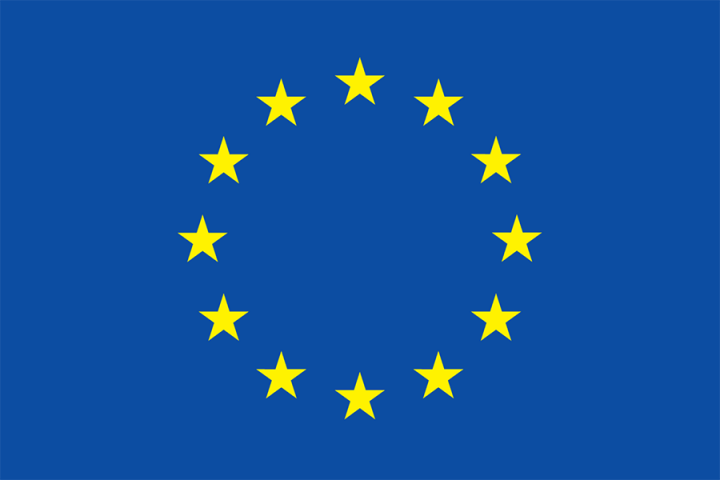Context
The last decade has experienced a strong increase in technological developments for improved material functionality. One of these involves surface treatments, which employ complex (multilayer) structures designed to provide multifunctionality in a single solution. This definition includes functional and performance coatings on textiles, paints on plastics, foil lamination and adhesion layers for plastics parts (polymer-polymer and polymer-metal connections). These ‘coatings’ have a wide range of advantages and benefits but currently cannot be recycled because of their hybrid nature.
Press Release
DECOAT Joins forces to close the loop for materials difficult to recycle!
Rotterdam, Netherlands – 15 December 2021
The EU-funded Project DECOAT is now halfway through the time allotted to investigate triggerable smart polymer material systems and appropriate recycling processes.
The project consortium, led by Belgian R&D centre CENTEXBEL, consists of 17 partners from across Europe from across the value chain including design, manufacturing, NGOs, and research and innovation.
As ambitious plastic recycling targets of 50% have been set by the European Plastics Industry, DECOAT is considering smart solutions to enable the circular use of textile and plastic parts with multi-layer coatings. Many materials consist of more than one chemical component, hindering their recyclability, such as coated and laminated products. Ideally, all the components of an object after its end-of-life should be separated and fed to the most suited recycling streams.
In order to highlight the need of innovations to increase recovery and re-use, DECOAT has joined forces with MultiCycle and ALMA, two other H2020 projects to address this topic.
Aims
The main goal of DECOAT is to enable the circular use of textiles and plastic parts with (multilayer) ‘coatings’, which are typically not recyclable yet.
These ‘coatings’ comprise functional and performance coatings and paints as well as adhesion layers. Therefore, novel triggerable smart polymer material systems and the corresponding recycling processes will be developed. The triggerable solutions will be based on smart additives (like microcapsules or microwave triggered additives) for the ‘coating’ formulations and will be activated by a specific trigger (heat, humidity, microwave, chemical).
Within the larger theme of “debonding” a specific challenge is the recycling of scrap and end-of-life parts containing integrated electronics (from smart textiles, smart plastics and wearables).
Download
Project Newsletters
Consortium
- Centexbel BE (project coordinator)
- AIMPLAS - ASOCIACION DE INVESTIGACION DE MATERIALES PLASTICOS Y CONEXAS ES
- FRAUNHOFER GESELLSCHAFT ZUR FOERDERUNG DER ANGEWANDTEN FORSCHUNG E.V. DE
- FUNDACION PARA LA PROMOCION DE LA INNOVACION, INVESTIGACION Y DESARROLLO TECNOLOGICO EN LA INDUSTRIA DE AUTOMOCION DE GALICIA ES
- NATIONAL TECHNICAL UNIVERSITY OF ATHENS - NTUA Greece
- VAUDE SPORT GMBH & CO KG DE
- Panasonic Eco Solutions Elektrik Sanayi ve Ticaret Anonim Sirketi TR
- MERCEDES-BENZ TURK AS TR
- MAIER SCOOP ES
- RESCOLL FR
- C-TECH INNOVATION LIMITED UK
- DEVAN-MICROPOLIS S.A. PT
- IRIS TECHNOLOGY SOLUTIONS, SOCIEDAD LIMITADA ES
- Ecomatters B.V. NL
- INNOVATION IN RESEARCH & ENGINEERING SOLUTIONS BE
- OPEN SOURCE MANAGEMENT LIMITED UK
- INTERNATIONAL SOLID WASTE ASSOCIATION AT
Acknowledgements

This project has received funding from the European Union’s Horizon 2020 H2020-NMBP-ST-IND-2018 - Smart plastic materials with intrinsic recycling properties by design (CE-NMBP-26-2018) - under grant agreement No 814505




